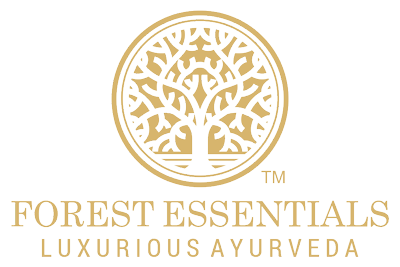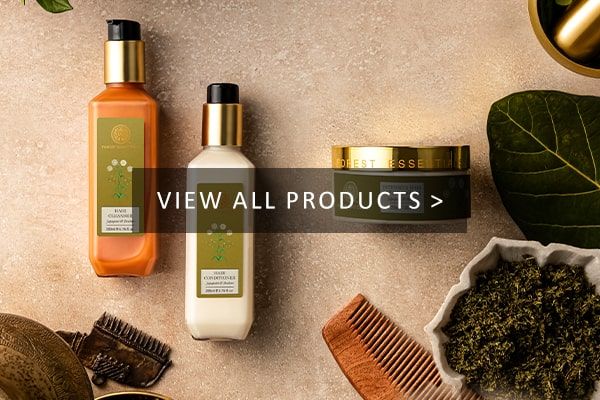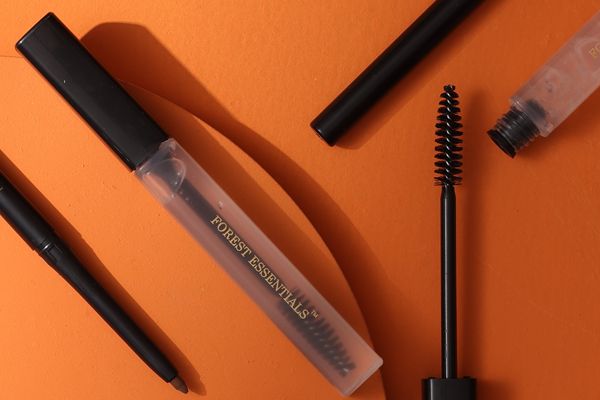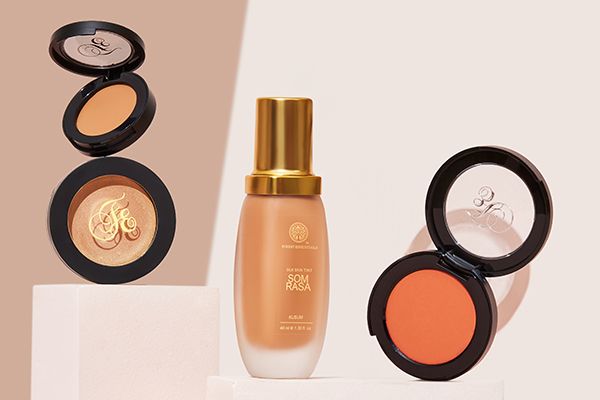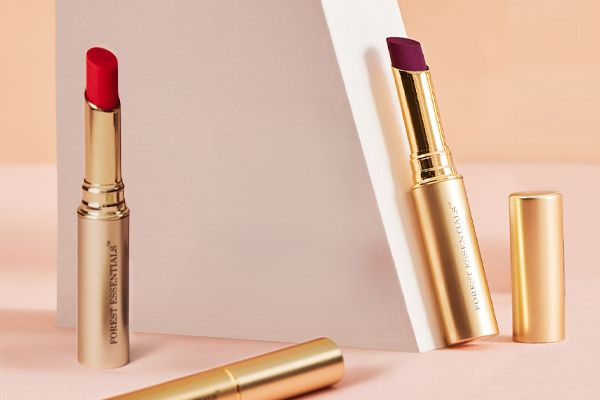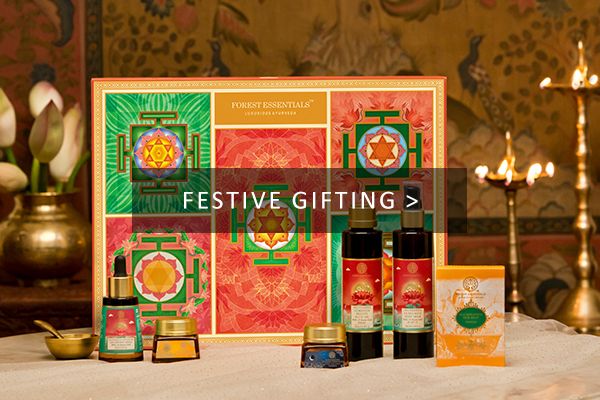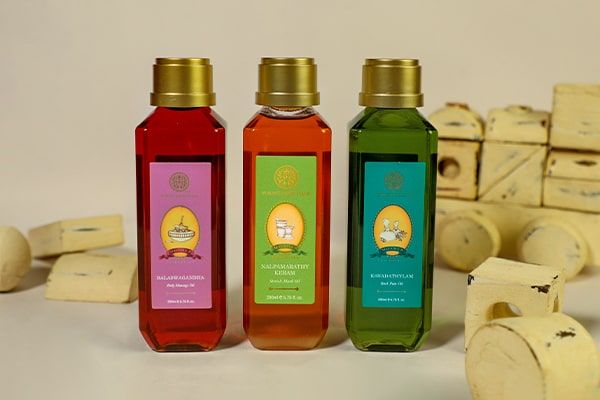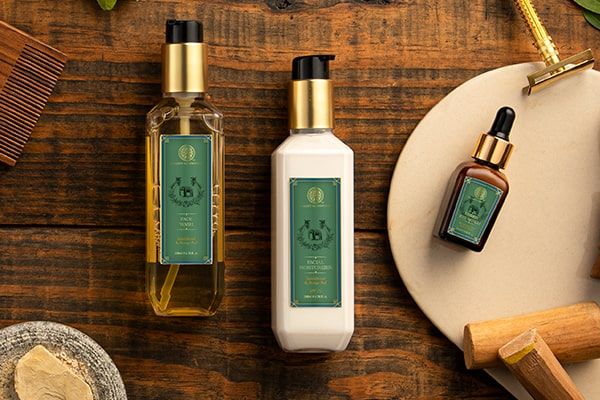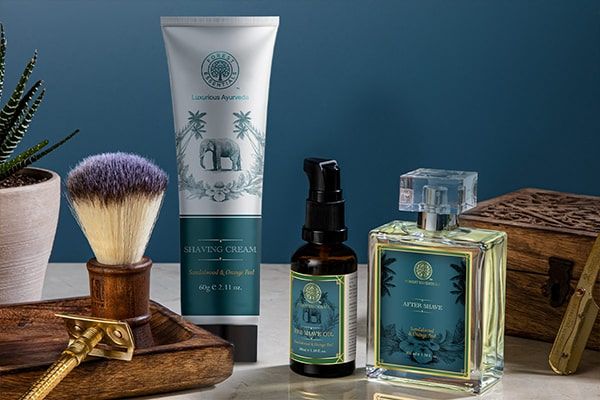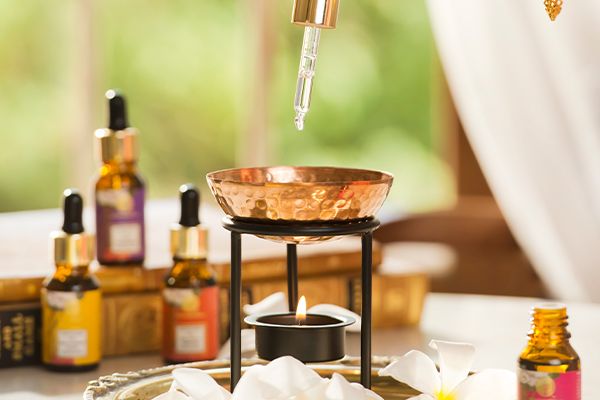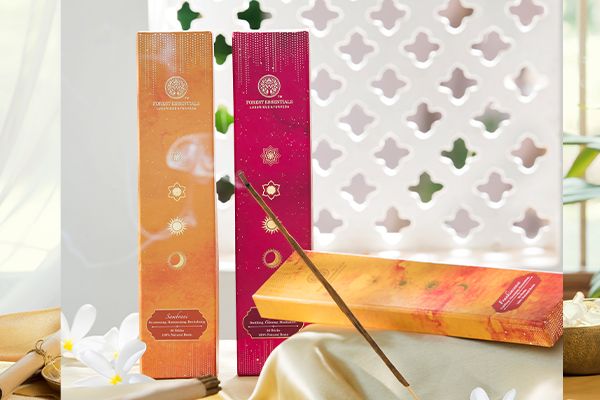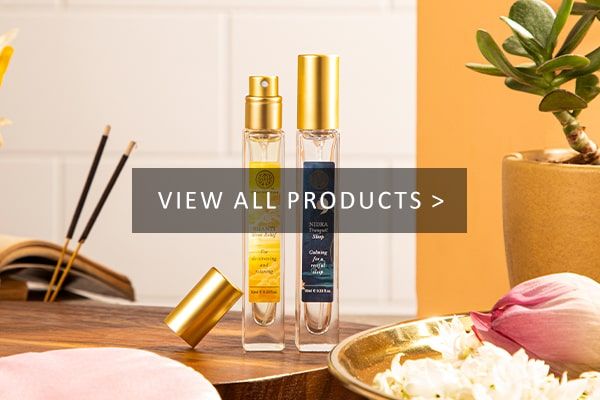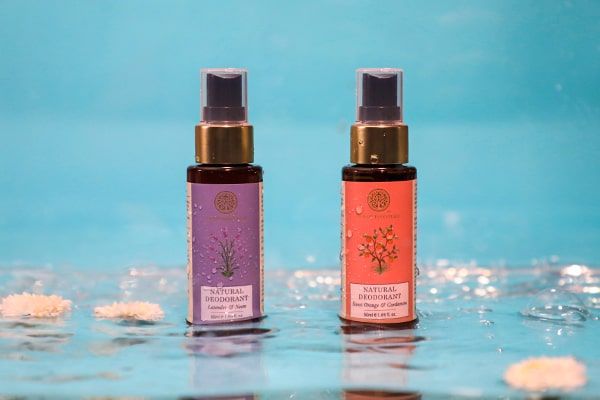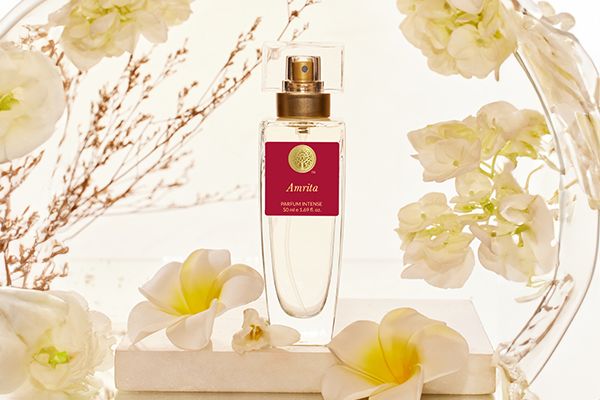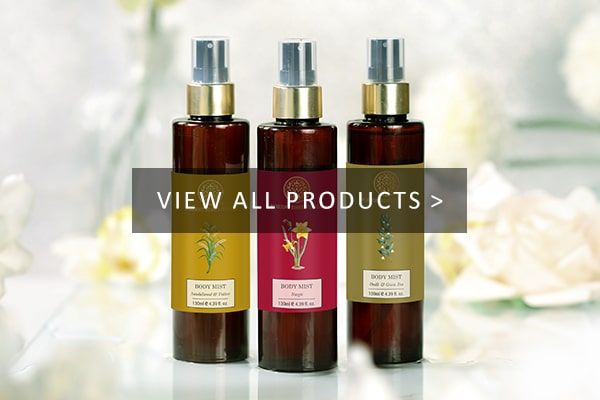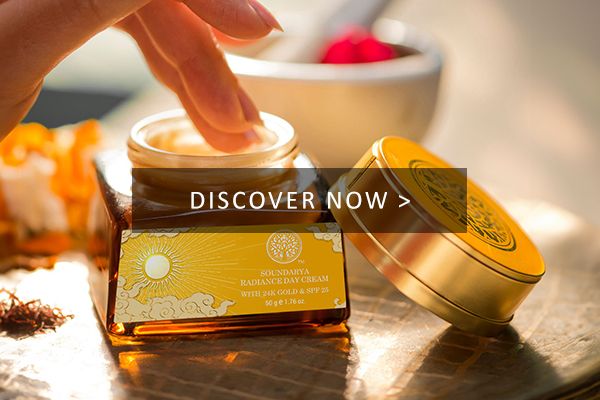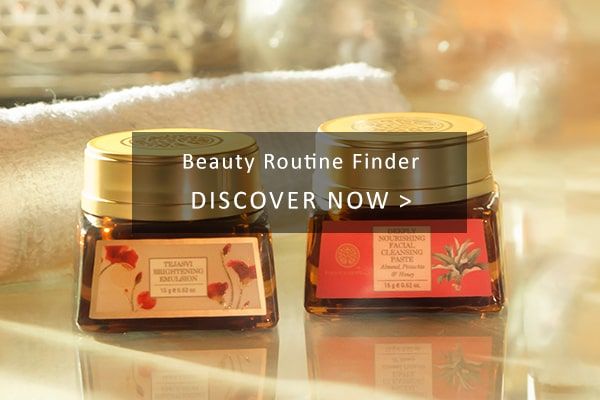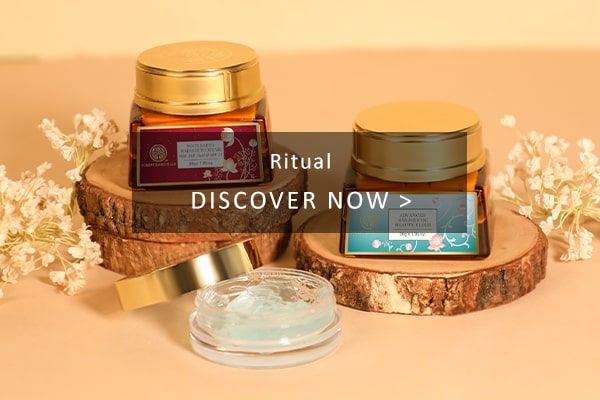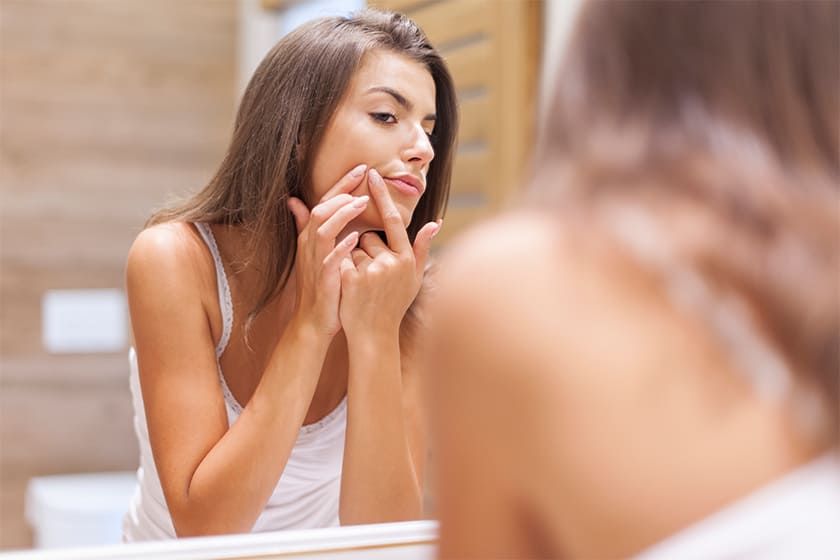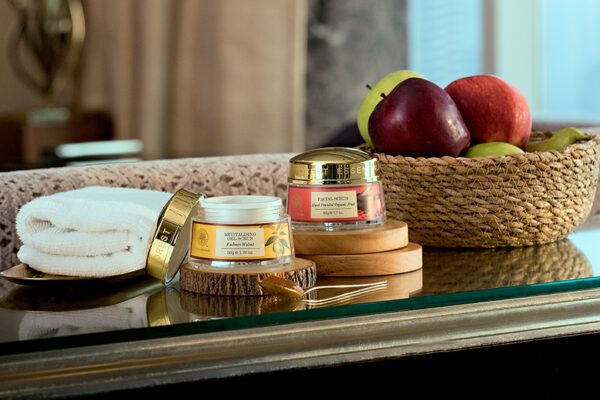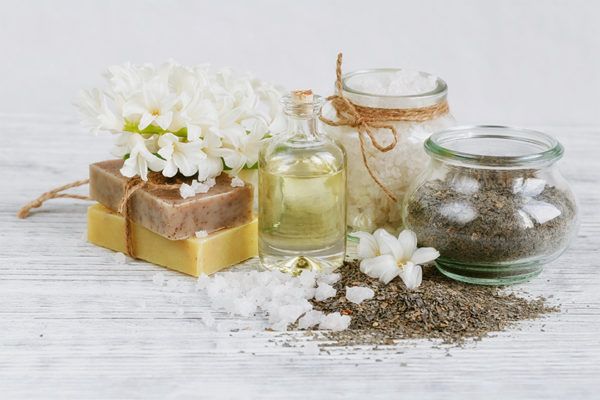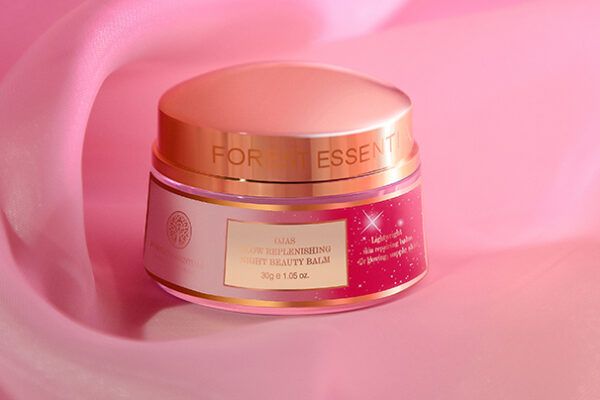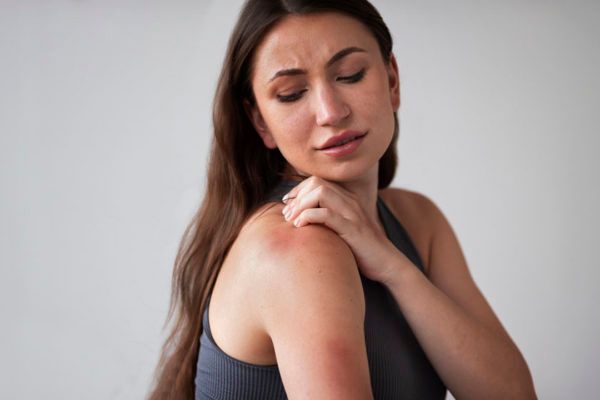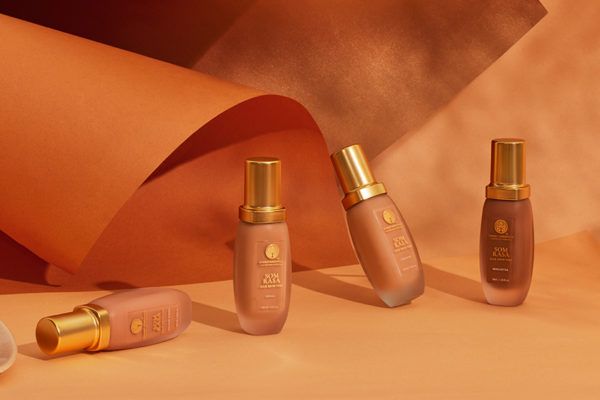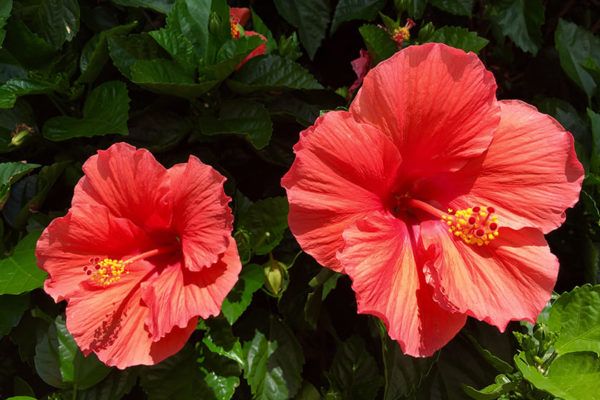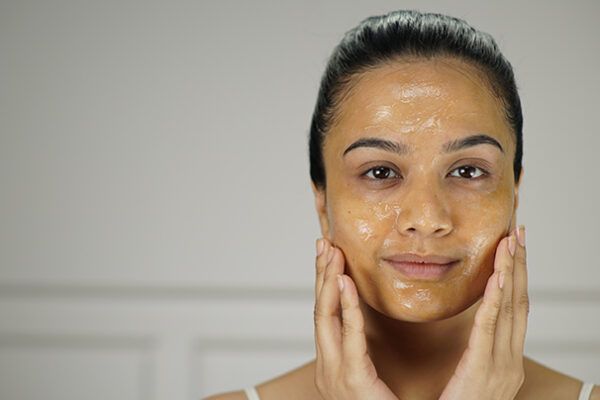Caught in an endless struggle with acne? Whether you’re confronting the aftermath of acne scars, addressing the needs of sensitive, acne-prone skin, or simply looking for solutions to keep those annoying pimples at bay, fear not—we’ve curated an expert-curated skincare guide with everything you need to know to treat and manage acne.
Understanding Acne-prone Skin
The first step in treating acne effectively, according to our philosophy, is understanding acne-prone skin. Acne-prone skin is characterised by pores that are more likely to become clogged with oil, dead skin cells, and daily grime, leading to the development of pimples, blackheads, whiteheads, and sometimes more severe forms like cysts and nodules. The propensity for acne can be influenced by a variety of factors including genetics, hormone levels, stress, diet, and even certain medications.
What Causes Acne?
Understanding these causes is pivotal to devising an effective strategy for managing and treating acne. So, for your perusal, we have listed some major contributors that cause acne.
Hormonal changes
Hormonal changes can significantly contribute to the development of acne by affecting the skin’s oil production. During periods of hormonal fluctuations, such as puberty, menstruation, pregnancy, or when using certain medications like birth control, the body may produce increased levels of androgens, which can lead to the production of excess sebum. This excess sebum can clog pores, trapping dead skin cells and bacteria inside, leading to inflammation and the formation of acne lesions such as pimples, blackheads, and cysts.
Medications
Certain medications, including corticosteroids, testosterone medicines, and some birth control pills, can trigger increased sebum production by stimulating the sebaceous glands. This excess oil can clog pores, resulting in acne flare-ups. Furthermore, some drugs may alter the behaviour of skin cells, increasing the likelihood of acne development. If you notice acne after beginning a new medication, it’s crucial to discuss this with your healthcare provider, who might offer alternative treatments to mitigate this side effect.
Diet
It’s true that something as basic as food can result in breakouts. Making changes in your diet can serve as an effective acne treatment. Studies indicate that certain ingredients can potentially result in breakouts for cause acne-prone skin. Processed foods, increased intake of carbohydrates, fat and hydrogenated oils, spicy, pungent foods, meats, alcohol, and even coffee can amp up your acne. Sure, it may be difficult to exclude these ingredients from your everyday diet, but desperate times call for extremely desperate measures!
Stress
Excessive stress triggers a spike in cortisol, the hormone responsible for managing stress, leading to an increased release of this hormone into your bloodstream. This escalation encourages the sebaceous glands to ramp up oil production, paving the way for acne. Additionally, heightened stress levels can cause us to forsake good habits, such as getting adequate sleep, eating well, or moderating caffeine consumption, all of which are essential for maintaining healthy skin.
Healthy Habits to Manage Your Acne Effectively
Here are a few healthy habits that we suggest you incorporate into your daily regimen. Doing so can significantly contribute to the health and appearance of acne-prone skin, reducing breakouts and promoting a clearer complexion.
A Consistent CTM Routine: Cleansing, Toning, and Moisturising
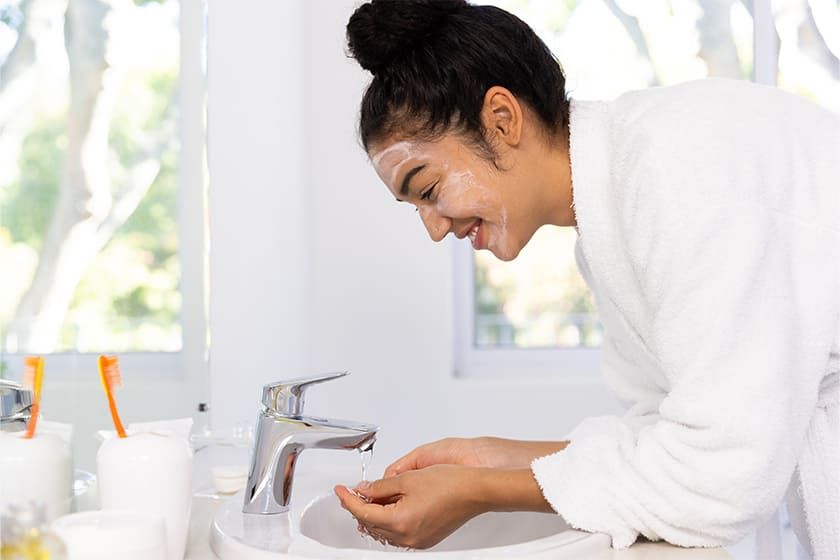
Ensure you’re washing your face twice daily to remove impurities and excess oil. Follow up with a face toner to balance your skin’s pH level and a face moisturiser to hydrate and protect the skin barrier. This routine helps maintain clear, balanced skin.
Keep Your Skin Contact to a Minimum
It’s crucial to keep your skin as clean as possible. Ensure anything that comes in contact with your face (like phone screens, pillowcases, and makeup brushes) is regularly cleaned. Better yet, try to avoid touching your face altogether to prevent the transfer of bacteria and oils from your hands.
Choose Gentle Exfoliation Over Harsh Scrubs
When dealing with active acne, steer clear of abrasive exfoliators and face scrubs, as these can aggravate your skin and worsen acne. Choose gentle chemical exfoliants that promote cell turnover without irritating the skin.
Eat a Balanced Diet
[Image: A plate full of clean salad/fruits]
Incorporate foods rich in Omega-3 Fatty Acids, Antioxidants, and Vitamins E and A, and Zinc to support skin health. Limit your intake of dairy and high-glycaemic foods as they might trigger acne in some people.
Stay Hydrated
Drinking at least two litres of water daily can help maintain your skin’s hydration and overall health, potentially reducing the severity of acne breakouts. Well-hydrated skin can better manage oil production and detoxify more effectively.
Be Patient
It’s tempting to try every acne treatment on the market, but it’s more effective to stick with one for a while to truly gauge its effectiveness. Give each treatment time to work—usually several weeks—and monitor your skin’s response before making changes.
The Perfect Skincare Routine to Keep Acne at Bay
Navigating the world of acne treatment can often feel like manoeuvring through a mirage of complicated solutions. However, we recommend approaching it the Ayurvedic way! On that note, we’re bringing to you a three-step transformational, expert-recommended skincare routine that harnesses the potent power of superior Ayurvedic herbs, which are selected for their targeted action on the root causes and specific symptoms of acne. Read through for guidance on combating acne, from prevention to treatment with visible results.
Step 1 | Cleanse
Begin your routine with our Delicate Facial Cleanser Kashmiri Neem and Saffron. This gentle yet effective formula deeply cleanses the pores to remove impurities, purify, balance, and clarify your skin.
Step 2 | Tone
Refresh and revitalise with our Shudhi Skin Clarifying Facial Spray. Beyond being an excellent toner, it reduces blemishes, sloughs away dead skin cells, and soothes redness.
Step 3 | Moisturise
Seal in the moisture with our Eladi Day Cream with SPF 30. This cream combats acne, effectively preventing breakouts while visibly reducing blemishes, leaving your skin nourished and glowing.
We also recommend a weekly spa-like facial treatment using our Neem Varnya Lepa, a clarifying facial mask specially designed for acne-prone skin. It unclogs pores, deeply cleanses the skin, controls sebum production, and provides continuous improvement of acne and blemishes.
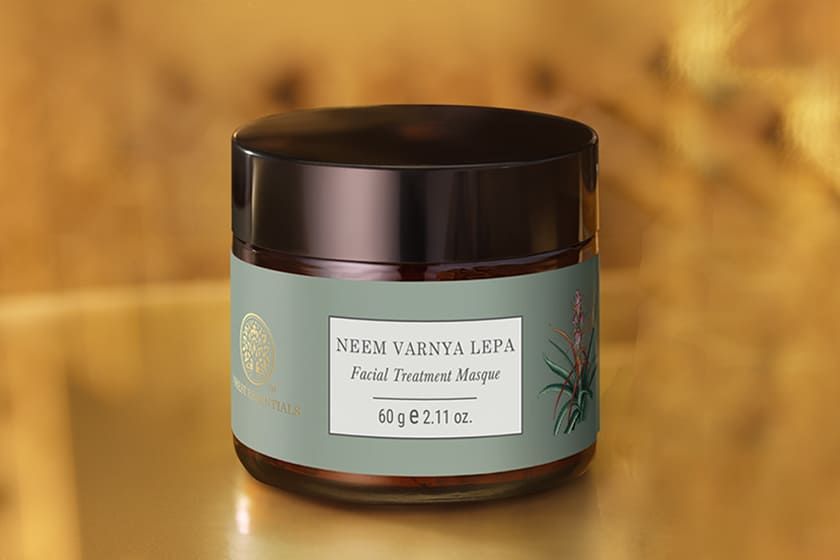
Home Remedies for Treating Acne
Home remedies for acne can offer an organic and comfortable way to help reduce breakouts and soothe your skin. Read on as we bring to you some traditional remedies that can work wonders on your skin. However, it’s important to note that what works for one person may not work for another, and in case of severe acne, we recommend visiting a dermatologist.
Turmeric Mask
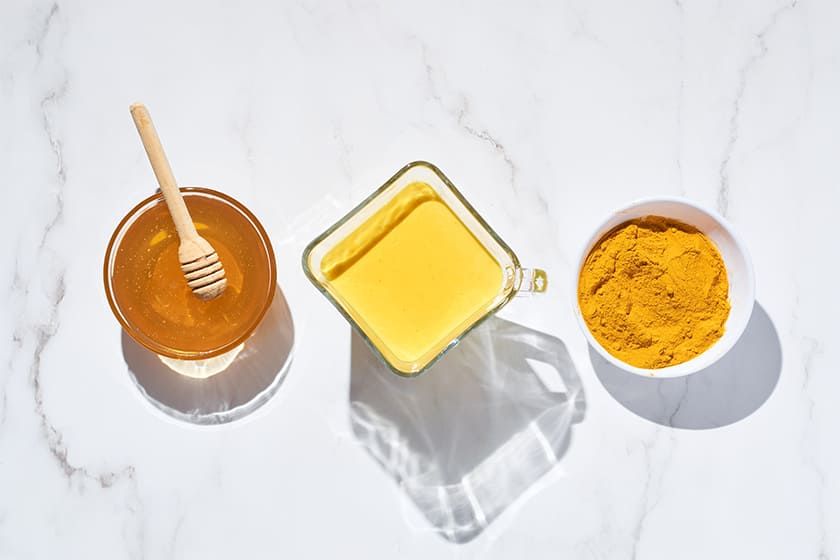
A Turmeric and Honey Mask is an excellent solution for combating acne and soothing inflamed skin. To prepare this, start by mixing one tablespoon of organic Turmeric powder with a small amount of Honey until you achieve a smooth paste. Before applying the mask, cleanse your face to remove any dirt or makeup. Apply the mixture evenly across your face, avoiding the eye area. Leave it on for about 15-20 minutes, allowing the active ingredients to penetrate deeply. Rinse off the mask with warm water and pat your skin dry. For best results, use this mask once or twice a week.
Green Tea
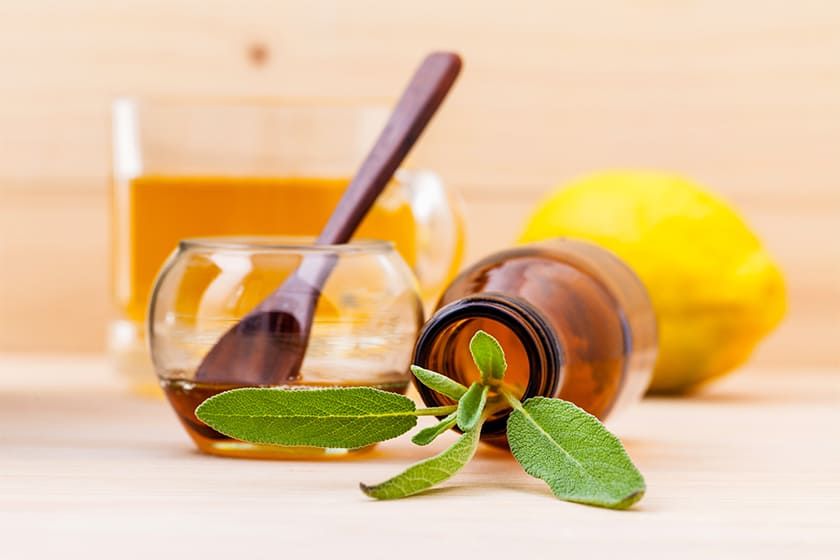
To create a soothing and effective mask for acne-prone skin, begin by blending Green Tea with Honey until a uniform paste is formed. This natural concoction should be applied evenly across the face, avoiding the sensitive area around the eyes, and left to work its magic for approximately 15-20 minutes. Once the time is up, gently rinse the mask off with lukewarm water, revealing a calmer and clearer complexion. Incorporating this mask into your skincare routine can offer a gentle yet effective approach to managing acne.
Cucumber and Yoghurt
Mixing Cucumber purée with natural Yoghurt creates a gentle, cooling mask that wonderfully soothes the skin. Apply this blend for 15-20 minutes, then gently rinse with lukewarm water to discover skin that’s refreshed and rejuvenated. Frequent application of this mask can make the skin clear and more balanced.
FAQs
What are the Best Skincare Products for Acne?
The best skincare products for acne are typically formulated with active ingredients like Salicylic Acid, Benzoyl Peroxide, and Niacinamide, known for their abilities to unclog pores, reduce inflammation, and combat bacteria. Gentle, non-comedogenic cleansers and moisturisers help maintain the skin’s natural barrier without adding excess oil. Remember, the effectiveness of skincare products can vary from person to person, so it may require some experimentation to find the most suitable regimen for your skin type. Consulting with a dermatologist can also provide personalised recommendations and access to prescription treatments for more severe cases.
Which Skin Treatment is the Best for Acne?
Optimal acne treatment requires a comprehensive, tailored strategy that combines over-the-counter products, prescription medications, and specialised dermatological treatments. This approach is carefully adapted to your specific type of acne and skin sensitivities. Navigating the path to effective skin care is a personal journey, necessitating a keen understanding of one’s own skin type and concerns to identify the most suitable treatment.
Is Aloe Vera Good for Acne?
Aloe Vera, revered for its soothing and anti-inflammatory properties, is a popular natural remedy for various skin conditions, including acne. It effectively reduces inflammation, redness, and soothes irritated skin. Its gel-like consistency also makes it an excellent moisturising agent, crucial for acne-prone skin, as many acne treatments tend to dry out the skin. However, while Aloe Vera can be beneficial for acne, it is not a cure-all and works best when used as part of a comprehensive skincare routine. Also, individual responses to Aloe Vera can vary; we recommend conducting a patch test to ensure its compatibility with your skin.
